Clickmer Systems, a spin-off project of the University of Bonn, is developing a synthetic alternative to antibodies. In medical diagnostics and research, the so-called clickmers are versatile. Your big advantage: they are much more reliable than antibodies. The spin-off is now being developed to market readiness at the Life Science Incubator (LSI) in Bonn. As a result, the project team secures funding of 1.7 million euros from funds of the Federal Ministry of Education and Research (BMBF) and the support of experienced experts in the field of life science. This allows the team to further develop the technology and build a product portfolio.
Antibodies are proteins that are formed in response to antigens. The immune system, for example, keeps pathogens in check. In medicine, for example, they are used as a vaccine, in cancer therapy, as a pregnancy test and in diagnostics. Clickmer Systems is developing Clickmere, a synthetic alternative to antibodies. These are chemically modified nucleic acids that bind their target structures - mostly proteins - in a highly sensitive, specific and reproducible manner. Thus, they can be used for example in diagnostics, but also in research and offer an alternative to the otherwise commonly used antibodies that are produced in biological systems.
Clickmers, on the other hand, are manufactured completely synthetically. This results in reduced batch differences and significantly improved reproducibility of the results. "Accordingly, clickmers are particularly suitable for diagnostics, because here a high degree of consistent quality of the materials used and reproducibility is necessary," says Prof. Dr. med. Günter Mayer from the LIMES Institute at the University of Bonn. Another advantage: Clickmers can also detect important target proteins for which no antibodies are currently available.
The Clickmer technology comes from the group of Prof. Mayer. It is based on pioneering work by Prof. dr. Michael Famulok, who is also researching at the LIMES Institute. He says: "For years, our research groups have been working on new, fully synthetic detection reagents that have better properties than the established antibody methods." The Clickmer Systems project group initially focuses on the ELISA applications for the diagnostics and western blot for research.
With the help of ELISA (enzyme-linked immunosorbent assay), it is possible to detect proteins, viruses, hormones, toxins and pesticides in the blood, urine or, for example, in milk. The clickmers bind to the substance to be detected and can then be made visible by means of a marker on the Clickmer to detect the presence of the bound substance. For example, a color change takes place that indicates the substance. The Westernblot is a detection method for proteins in biochemical and medical research as well as diagnostics. Here, a mixture of proteins is separated according to its size, charge and other properties in an electric field and then bound to the actual detection Clickmere it.
During her research work in the working groups Mayer and Famulok, the two co-founders Dr. Nora Karnowski and Dr. Maren Hamann developed a first proof of effectiveness of a precisely fitting Clickmers for use in Western Blot. Rüdiger Wolf from the Technology Transfer Department of the University of Bonn is in charge of the project.
Dr. Joachim Schorr, head of the project at the Life Science Incubator (LSI), is convinced of the great potential of the Clickmere for research and diagnostics: "Reproducible results are the basis of any reliable diagnostic test." The financing raised at the LSI will be used by the team to further complete and build a clickmer-based product range. LSI Managing Director Jörg Fregien adds: "The potential of the Clickmer technology and the will of the entire project team to develop them to market maturity have really convinced us."
Life Science Incubator GmbH (LSI)
The Life Science Incubator GmbH (LSI), based at the Bonn research center caesar, offers those interested in founding a unique incubation concept in Germany. Innovative projects in the fields of biotechnology, pharmacy and medical technology will be evaluated at an early stage and developed together with the project group for financing and market maturity.
Information on LSI: www.life-science-inkubator.de
Contact:
Prof. Dr. Günter Mayer
Universität Bonn, LIMES Institut
Tel. 0228-732935
E-Mail: gmayer@uni-bonn.de
Rüdiger Wolf
Universität Bonn, Technologietransfer
Tel. 0228-732210
E-Mail: wolf@verwaltung.uni-bonn.de
Dr. Nora Karnowski
Projektgruppe Clickmer Systems
Life Science Inkubator GmbH
Tel. 0152-31090937
E-Mail: Karnowski@life-science-inkubator.de
Dr. Joachim Schorr
Projektgruppe Clickmer Systems
Life Science Inkubator GmbH
Tel. 02103-880794
E-Mail: schorr@life-science-inkubator.de
Dr. Frank Striggow
Chief Operating Officer (COO)
Life Science Inkubator GmbH
Tel. 0228-227790-33
E-Mail: striggow@life-science-inkubator.de
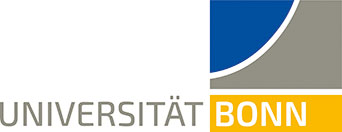



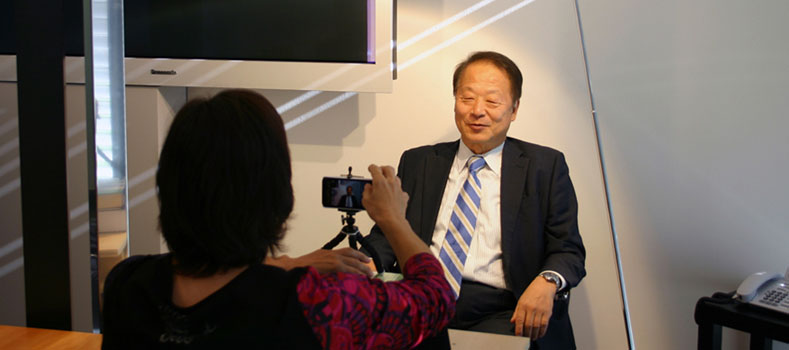
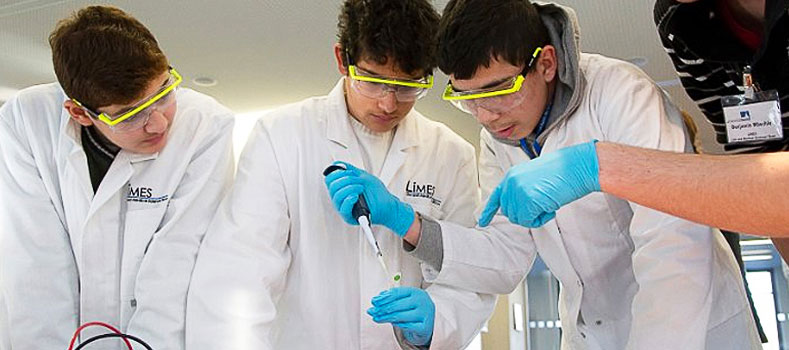
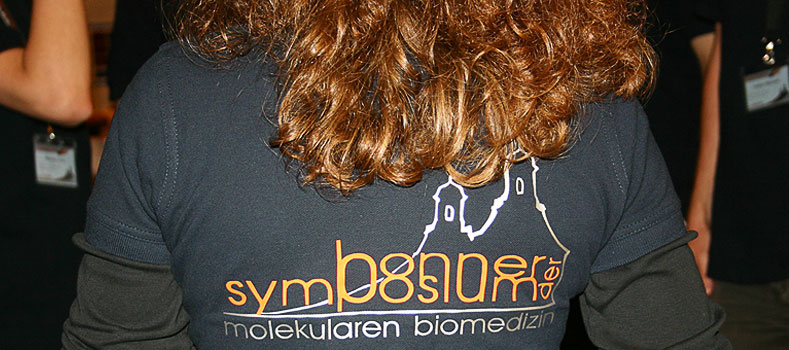
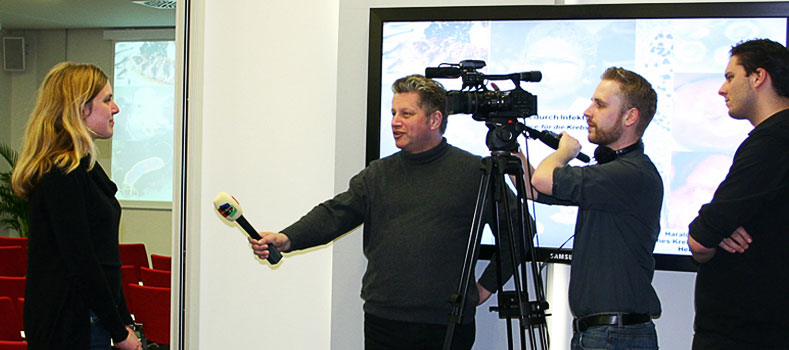
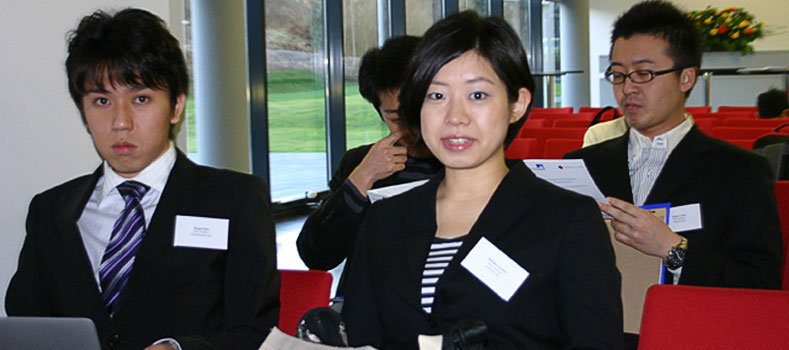
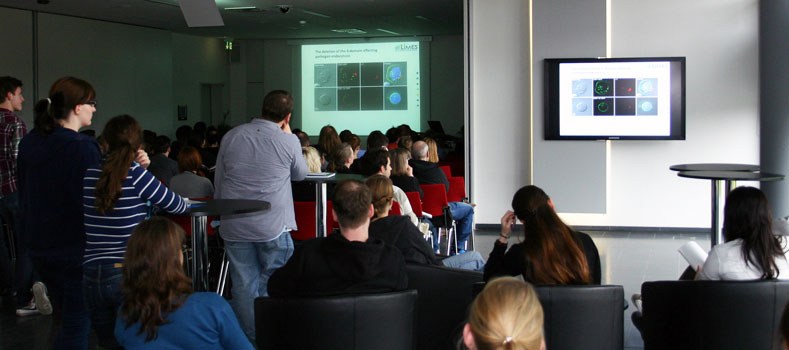
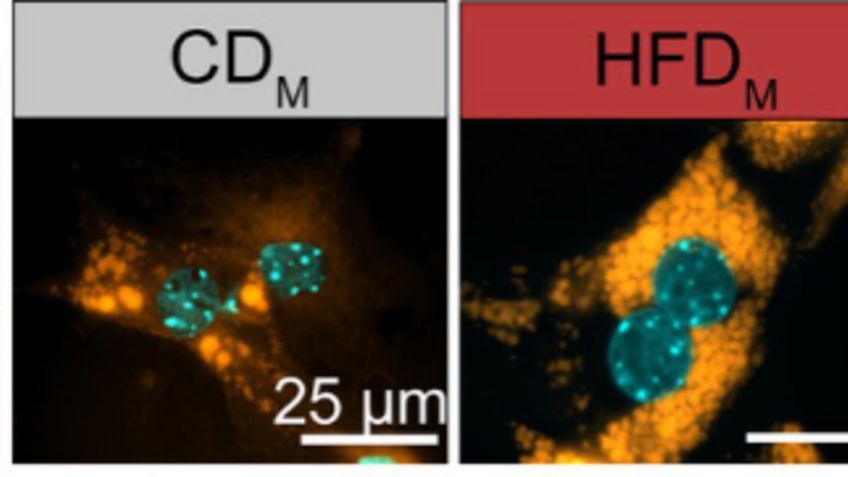
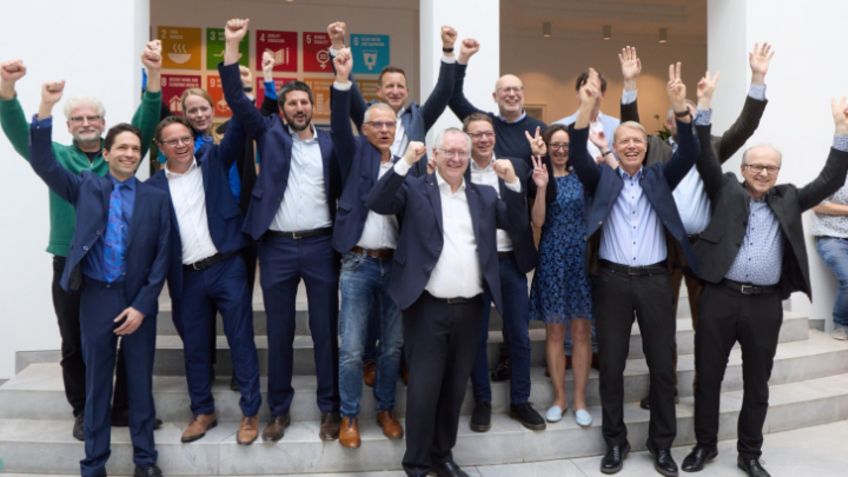
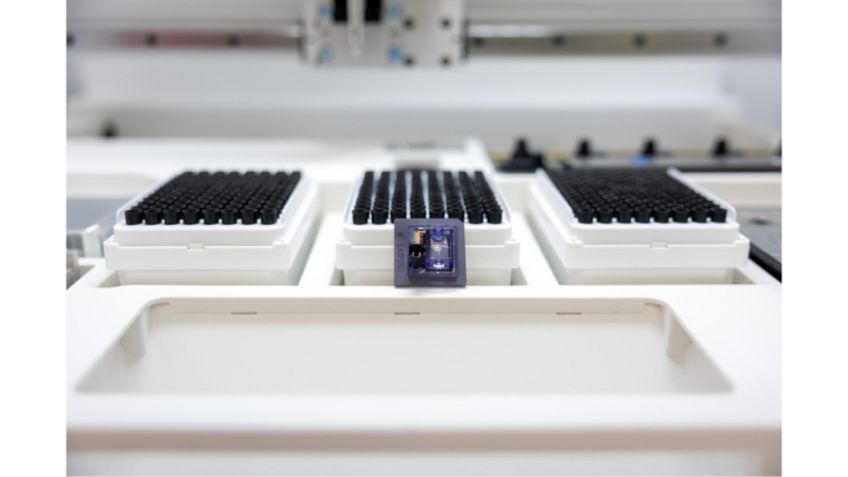
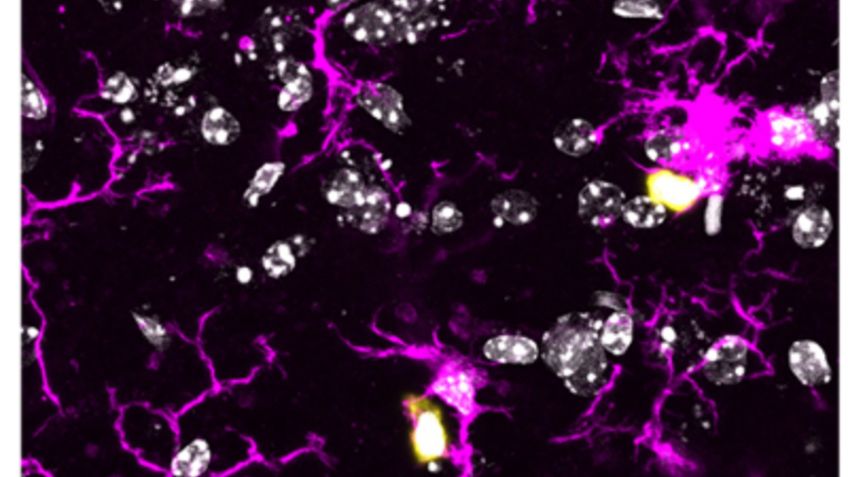
![[Translate to englisch:] [Translate to englisch:]](/fileadmin/_processed_/b/a/csm_Clickmer-800x450_ff04e63cc3.jpg)